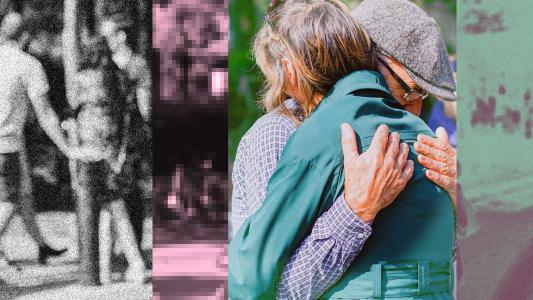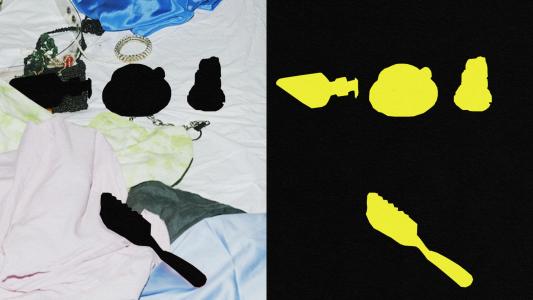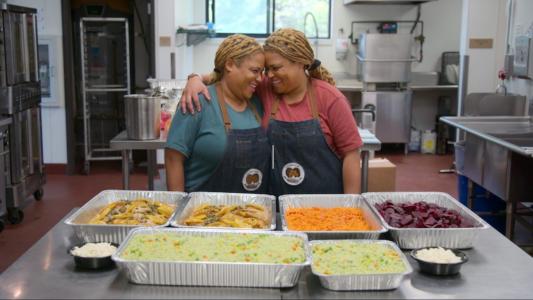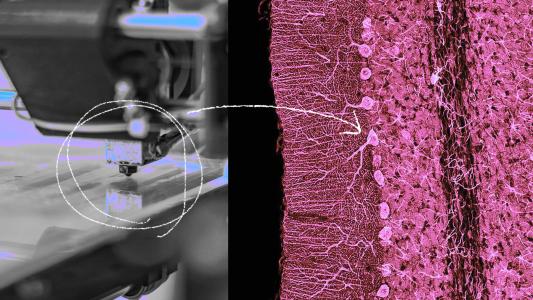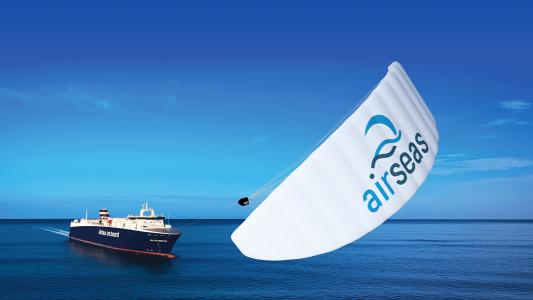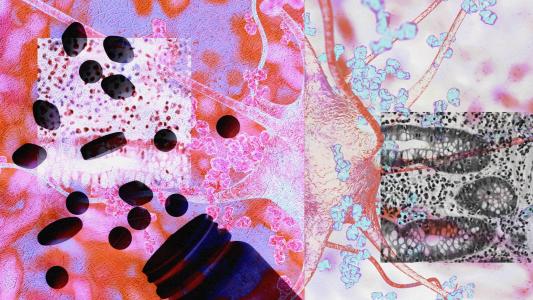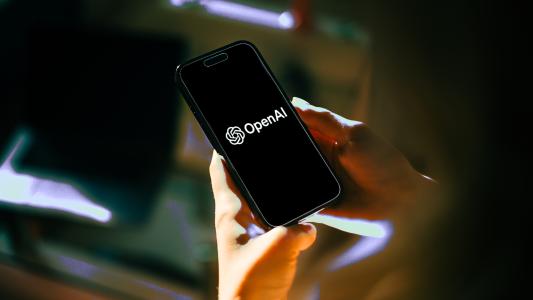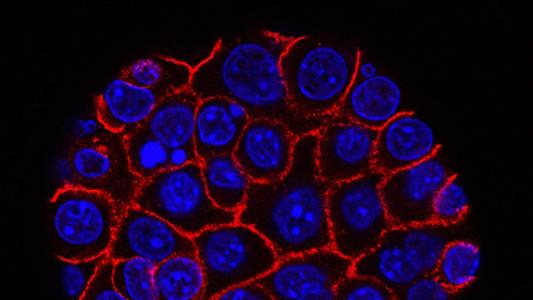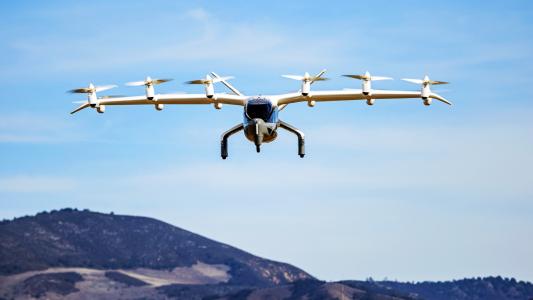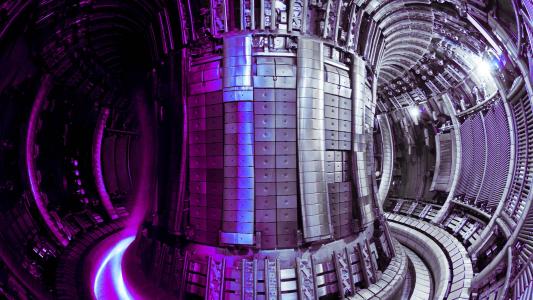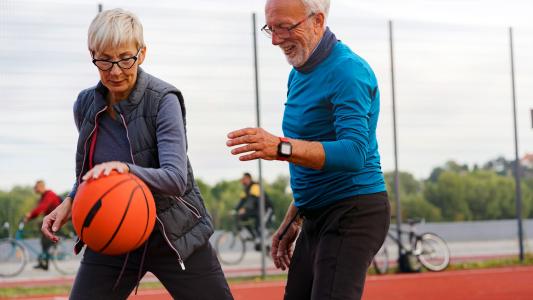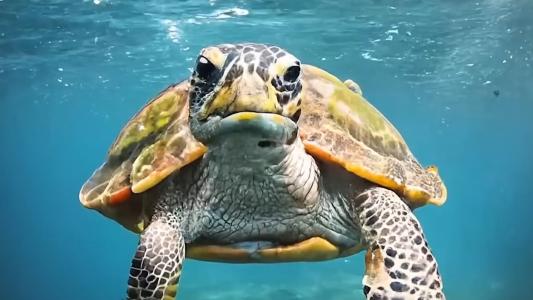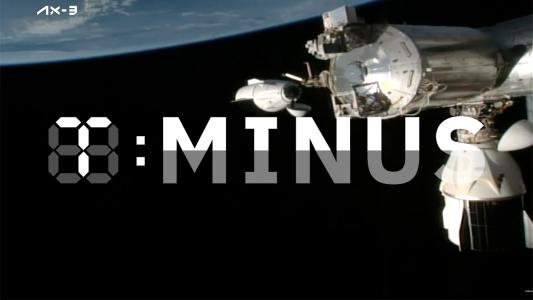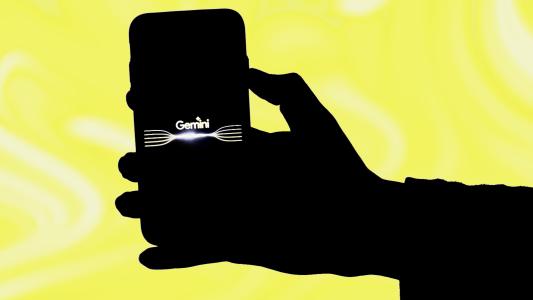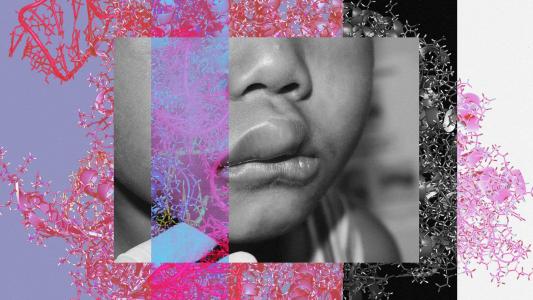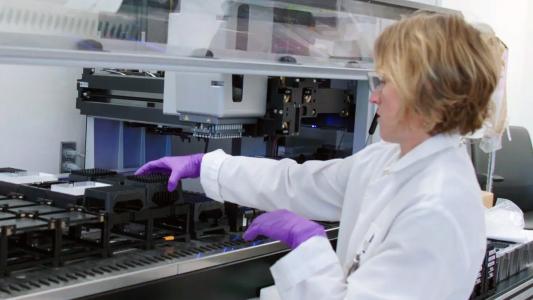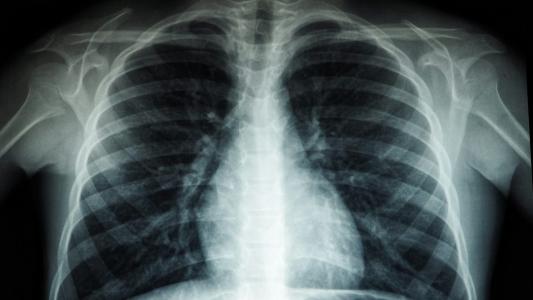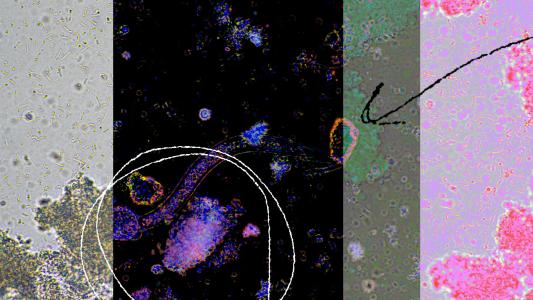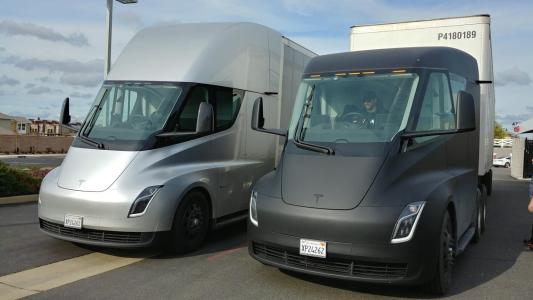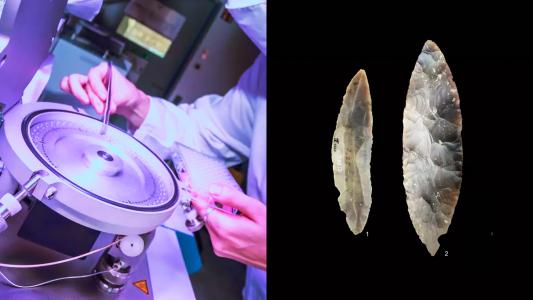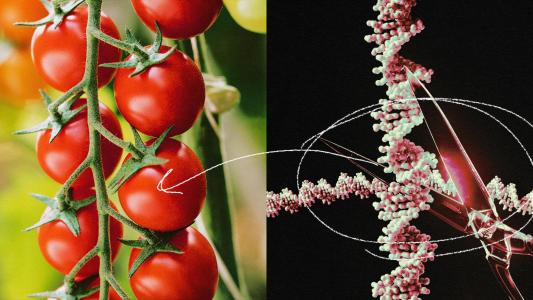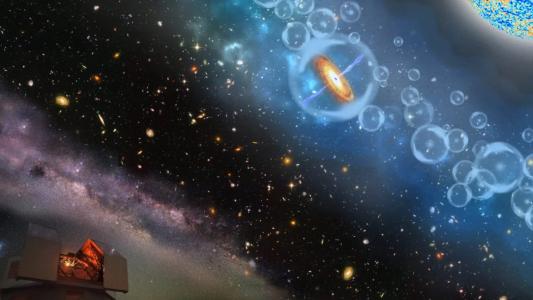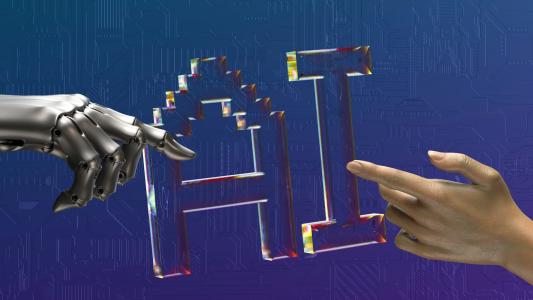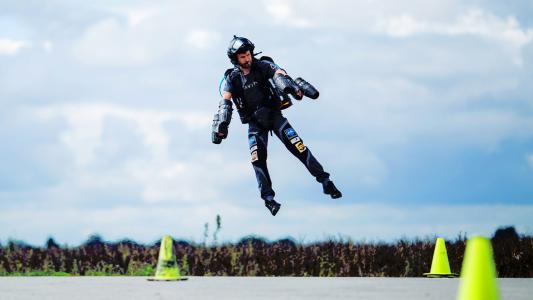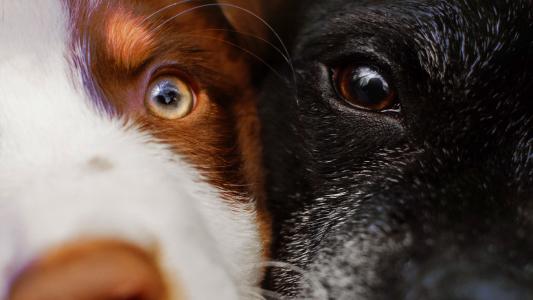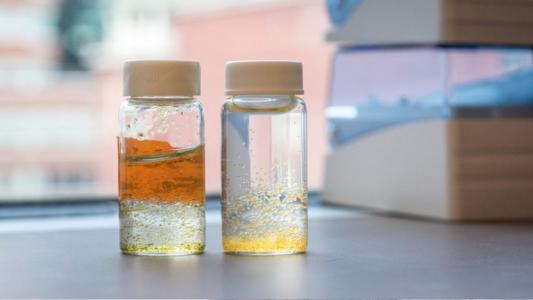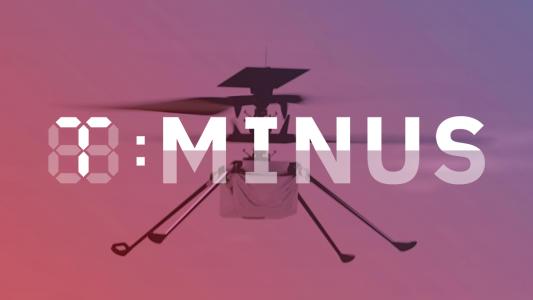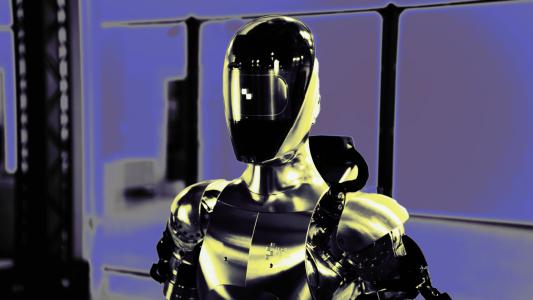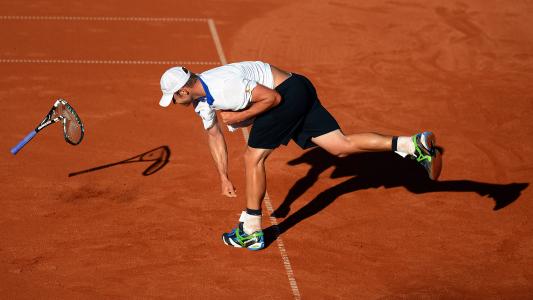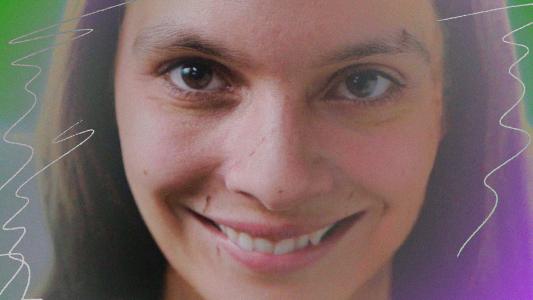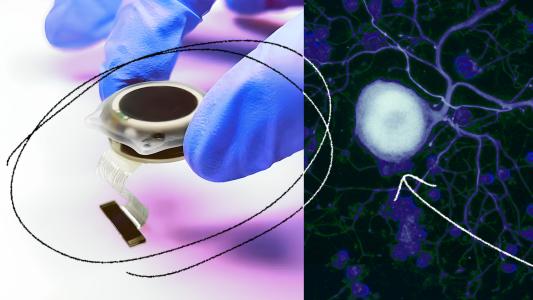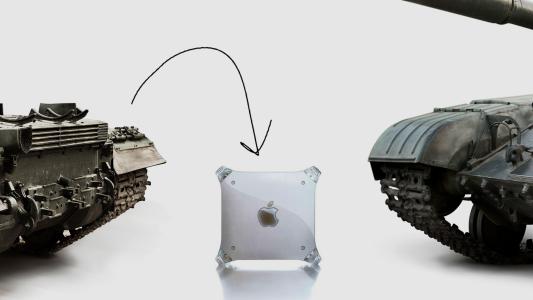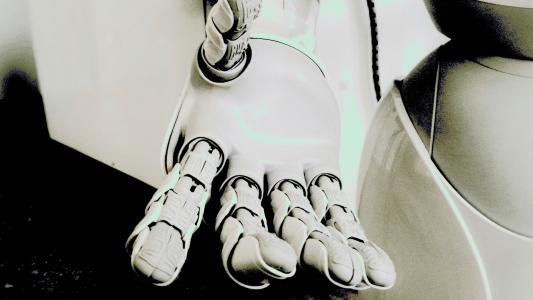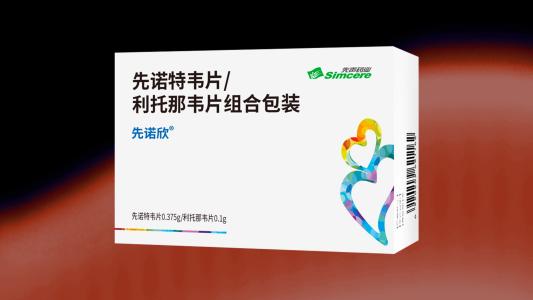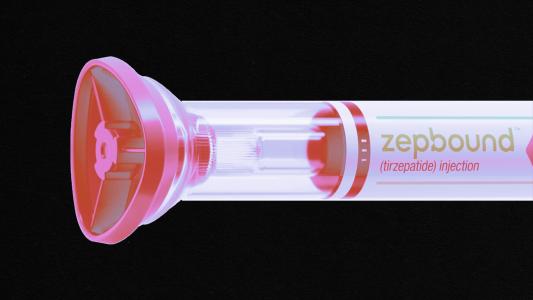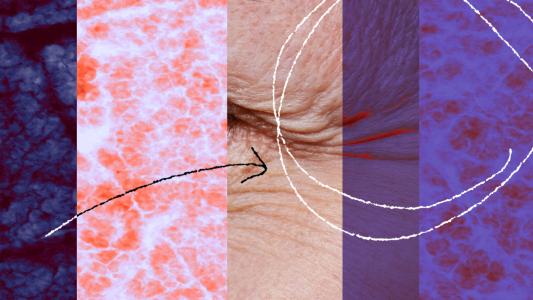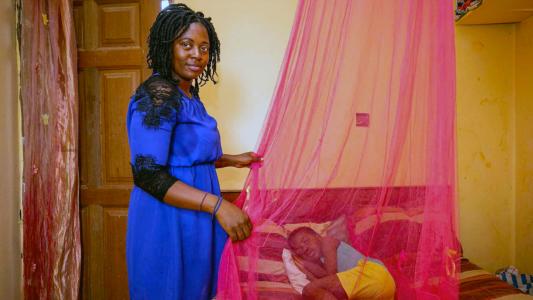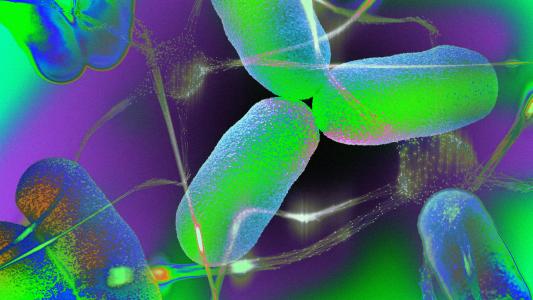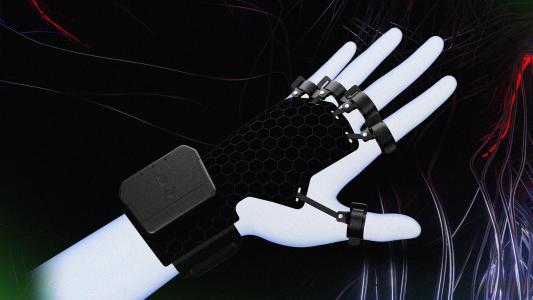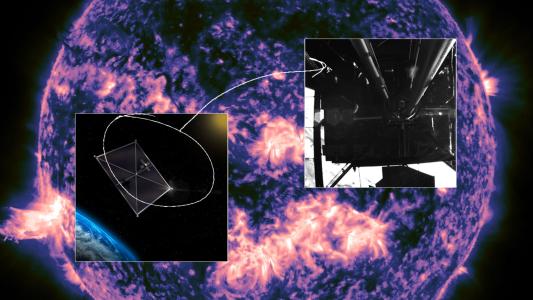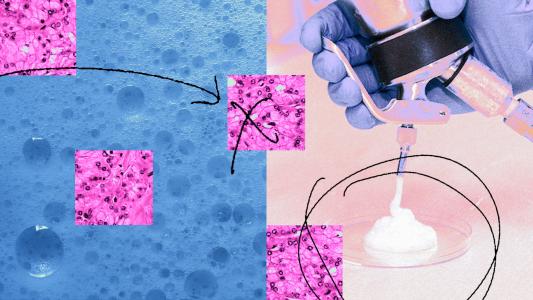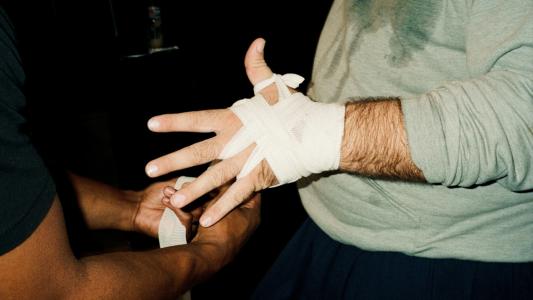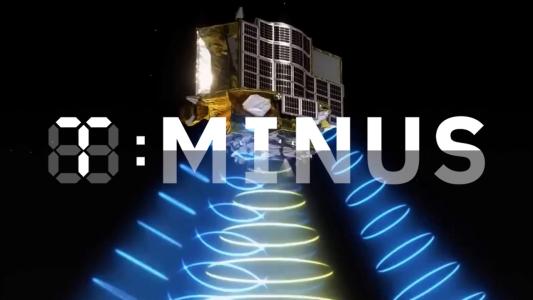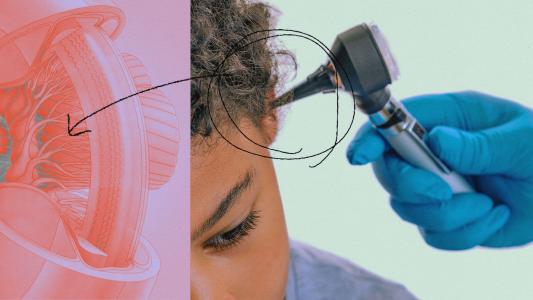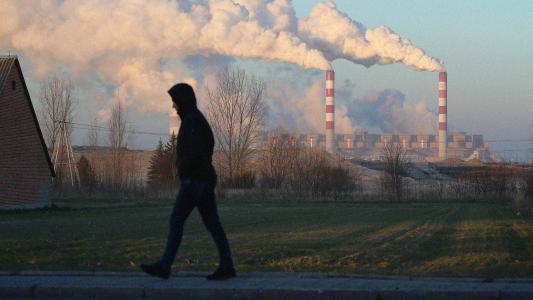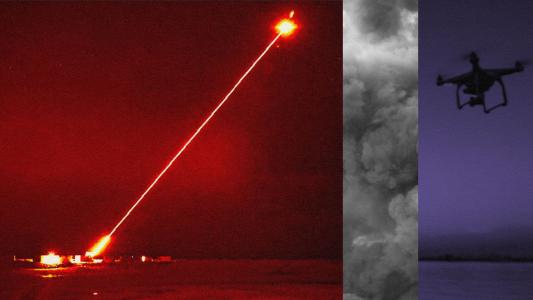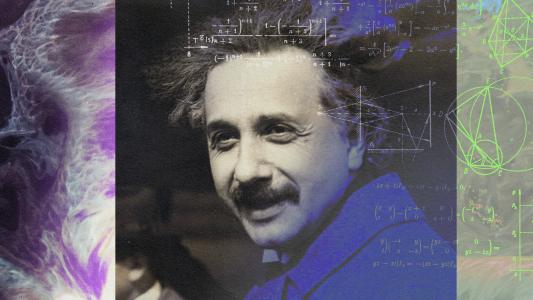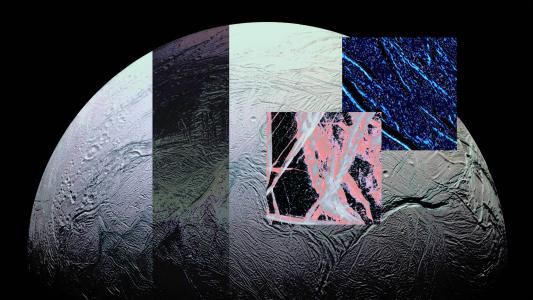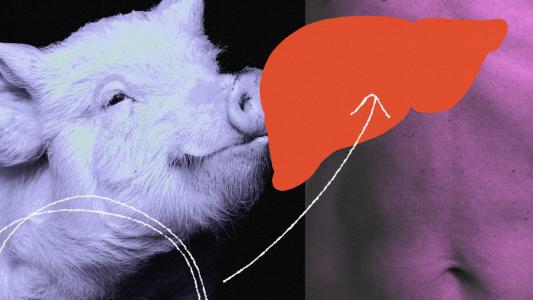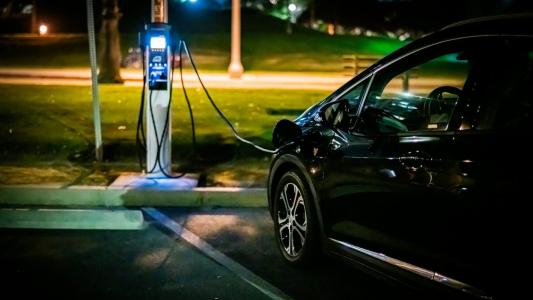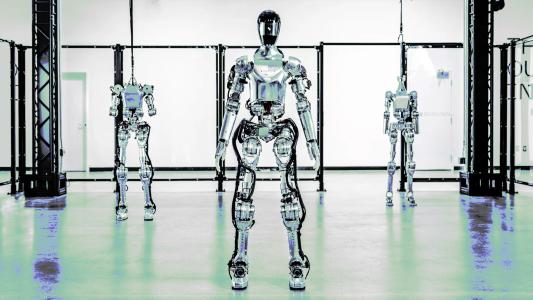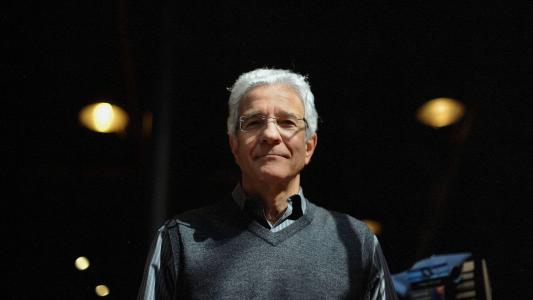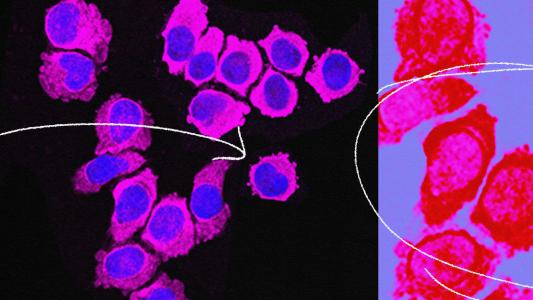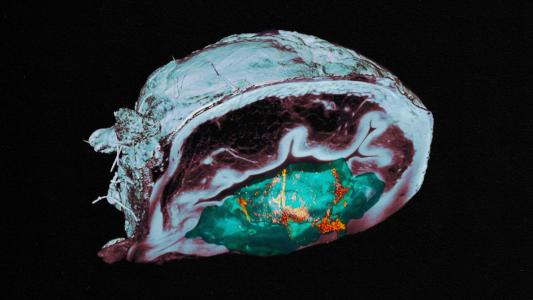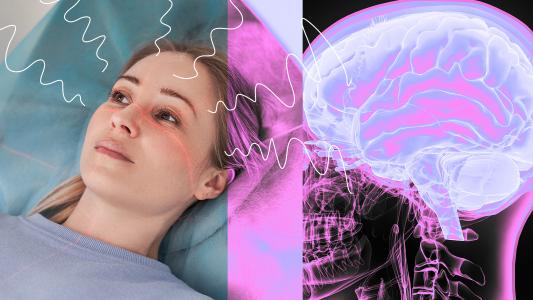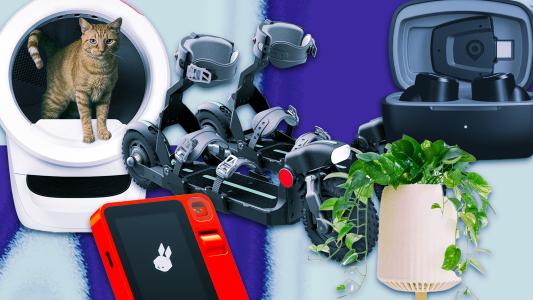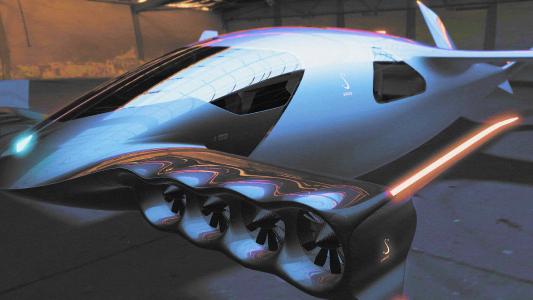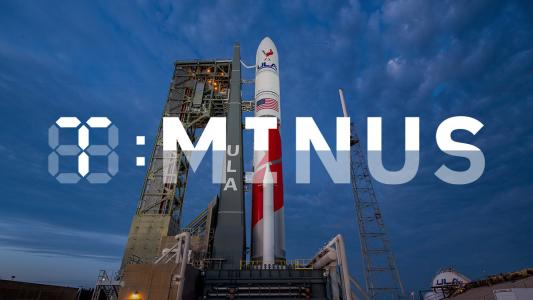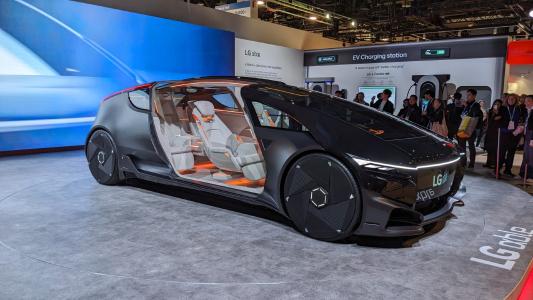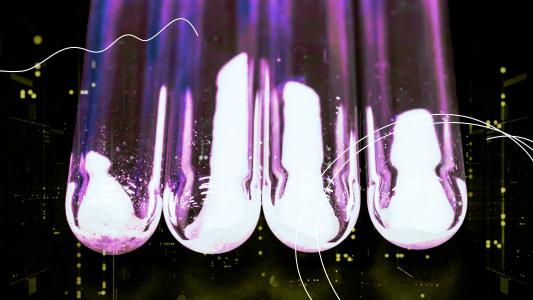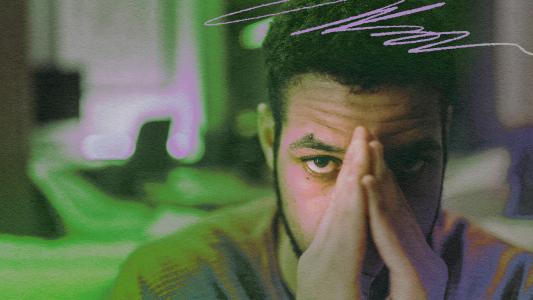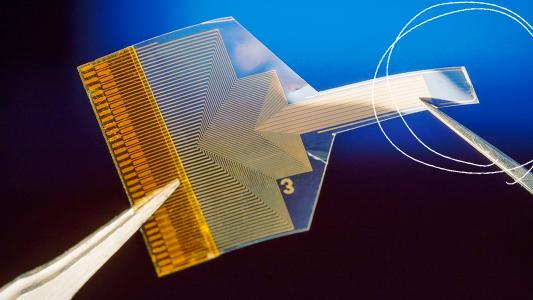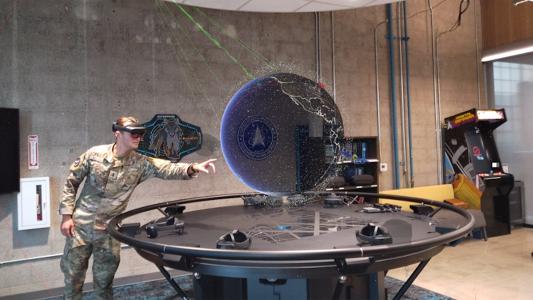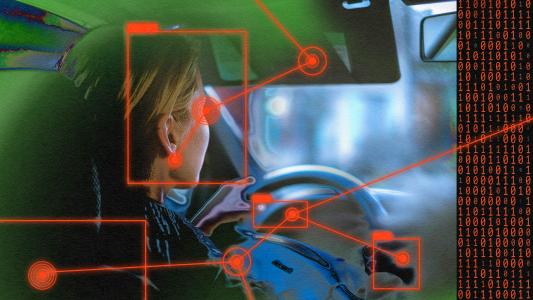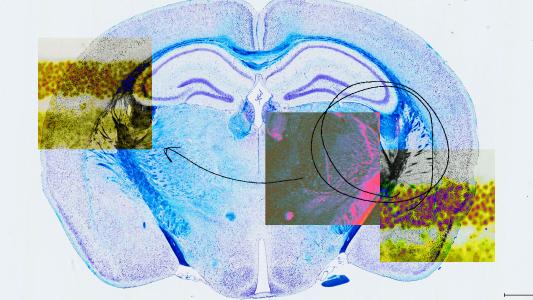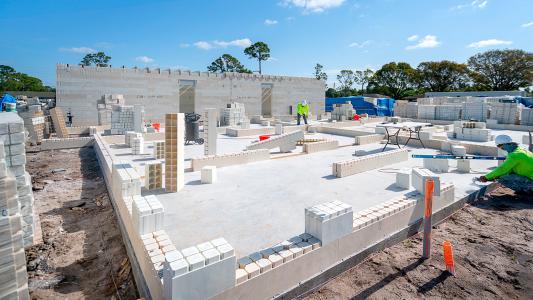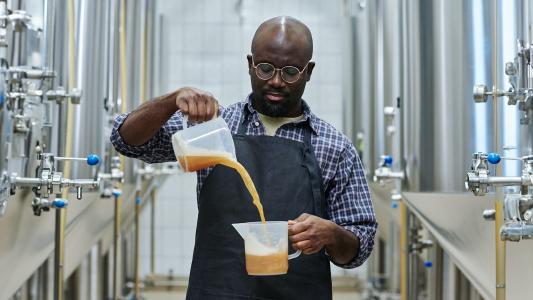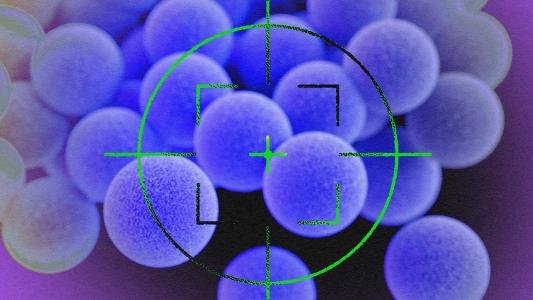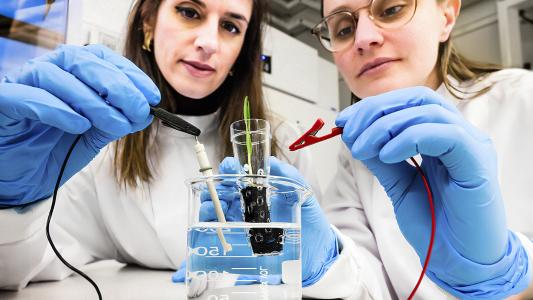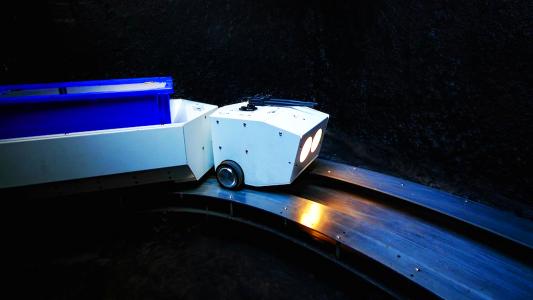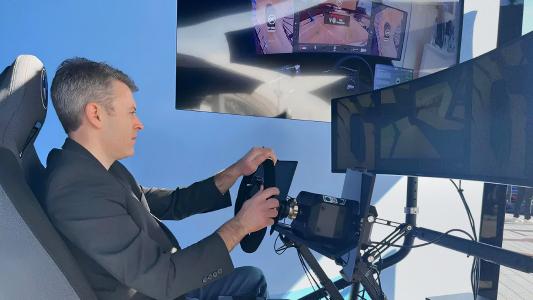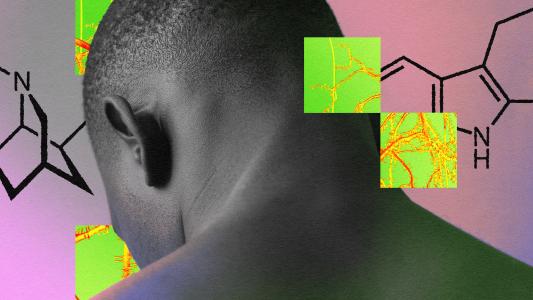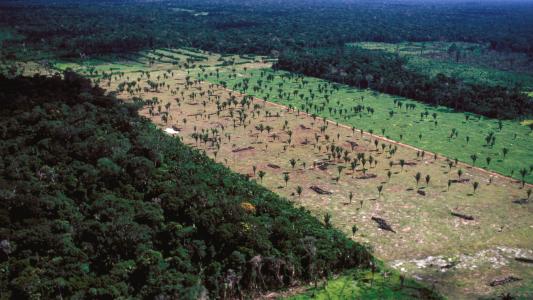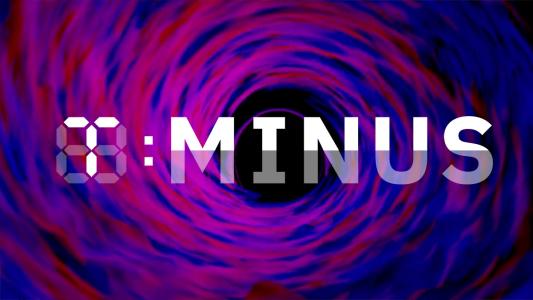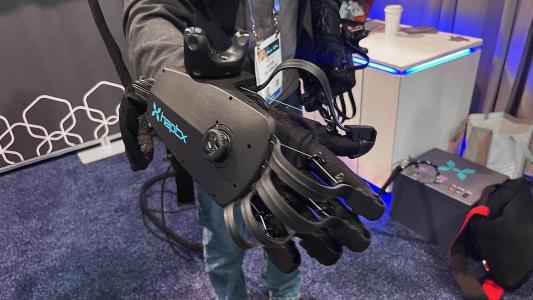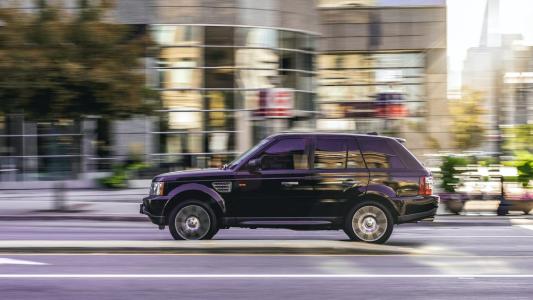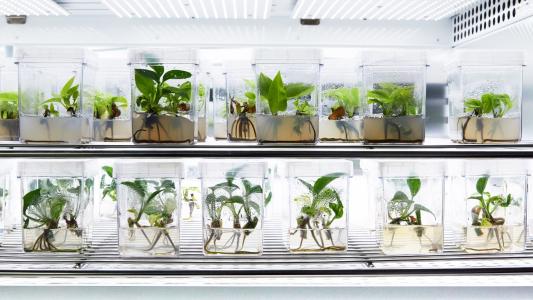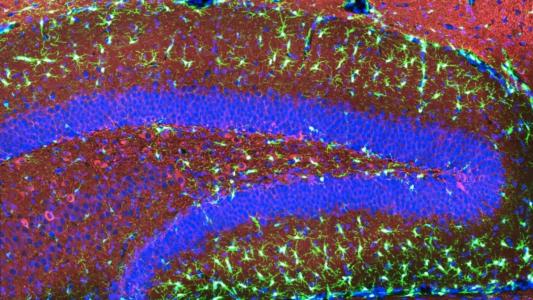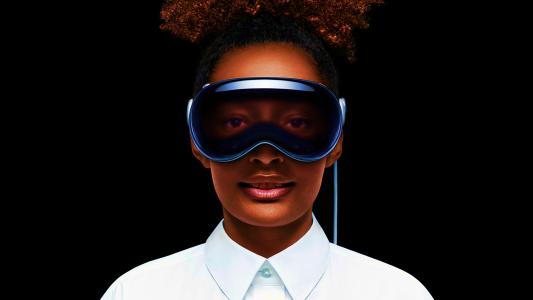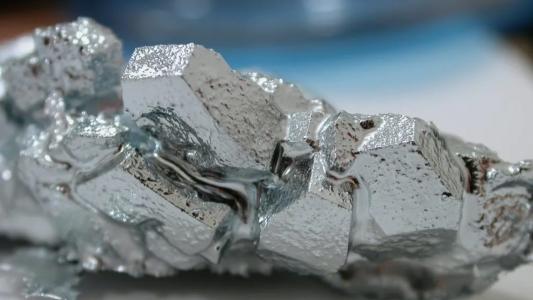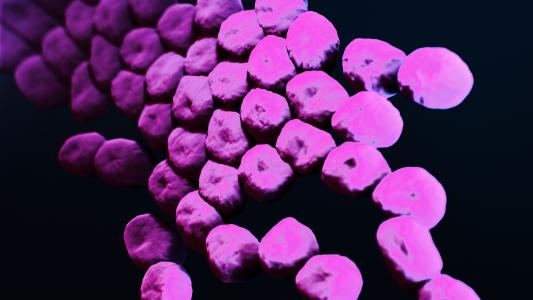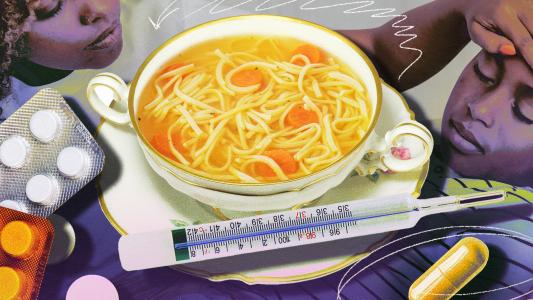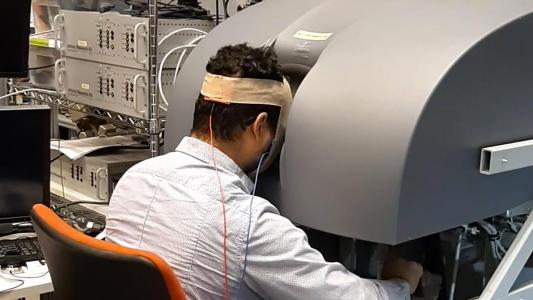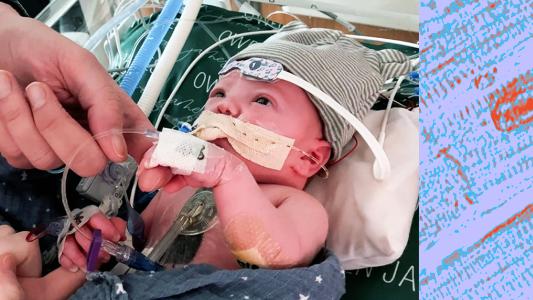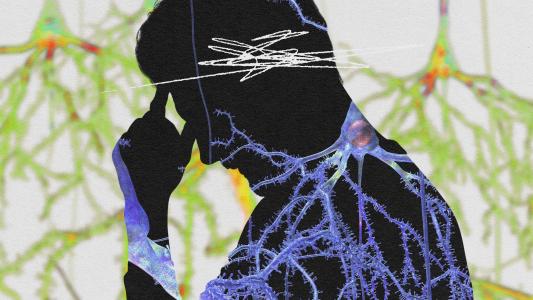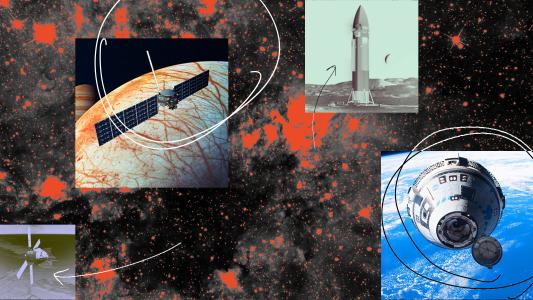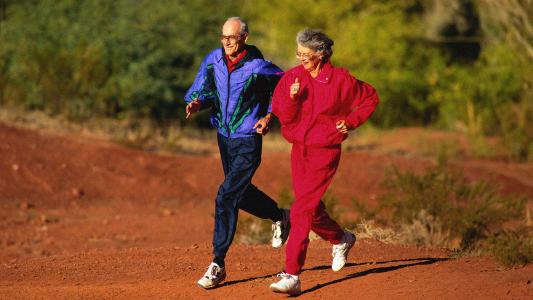Injections of brain protein reverse memory loss in mice
A protein called “KIBRA” could be the key to new Alzheimer’s treatments that don’t just slow disease progression, but reverse memory loss.
Install open-source AI in a commercial robot and it’ll clean your room
Open-source AIs and commercial hardware may be enough to build domestic robots that can take over our chores.
Netflix’s “You Are What You Eat” proves twin studies’ importance to science
What is it that makes twins so special, and how do researchers harness the power of twins? "You Are What You Eat" helps prove their importance.
Scientists create the first “functional” 3D-printed mini brains
The first 3D-printed brain organoids that function like natural brain tissue could lead to breakthroughs in neuroscience.
How to stop our immune systems from turning on us
From "inverse vaccines" to repurposed cancer therapies, several potential cures for autoimmune diseases are showing serious promise.
OpenAI is developing “AI agents.” Here’s what that means.
OpenAI is reportedly developing “AI agents,” software that can perform tasks on people’s devices upon request.
New hope for early pancreatic cancer intervention via AI-based risk prediction
To train their machine learning models, MIT researchers used electronic health record data from various institutions across the U.S.
Archer’s flying taxi finishes first round of flight tests
Archer Aviation’s electric air taxi has completed its first phase of flight testing, bringing the eVTOL one step closer to commercial service.
Fusion reactor break world record in final experiment
The JET tokamak set a new world record for generating energy from nuclear fusion during its final experiment.
Google’s Lumiere has created a new paradigm for text-to-video AI
Google's new text-to-video model, Lumiere, promises a new architecture that will make video AI models more modern and powerful.
T-Minus: Guardians in space, a new (off) world record, and more
Freethink's weekly countdown of the biggest space news, featuring the first Guardian in space, an extended private mission, and more
Google’s Gemini Ultra AI has been released
Google just made its most capable generative AI — Gemini Ultra — available to the public, while killing the “Bard” brand.
One-shot CRISPR treatment for inherited disease aces first human trial
A CRISPR treatment for hereditary angioedema significantly reduced swelling attacks in its first human trial.
New non-opioid pain reliever moves closer to approval
Vertex Pharmaceuticals’ new painkiller, VX-548, significantly reduced moderate-to-severe pain in two phase 3 trials.
Inhalable sensors could enable early lung cancer detection
MIT engineers have designed diagnostic particles that can be aerosolized and inhaled to find cancer-associated proteins in the lungs.
“Insane” new type of virus-like organisms found in human gut
Stanford scientists have discovered a strange new class of virus-like organisms, called “obelisks,” in the human gut microbiome.
Arc Search aims to revolutionize browsing, AI, and search, all at once
Searching isn’t what it used to be, and chatbots can be clunky — will the Browser Company's Arc Search app replace both?
Battery electric trucks offer emission cuts of 75-85% over their entire life cycle
A civil and environment engineer weighs in on whether electric trucks are our best bet to cut road transport emissions.
New DNA testing reveals who made ancient stone tools
Using modern DNA analysis techniques, archaeologists have solved the mystery of who made a class of ancient stone tools.
New CRISPR tomatoes need less watering
Gene-edited tomatoes that can grow with less water could help solve the problem of feeding a world battling increased water scarcity.
What was it like when supermassive black holes arose?
At the center of nearly every massive galaxy is a supermassive black hole ranging from millions to tens of billions of solar masses.
How to train your self-driving car
From loading the car with sensors to teaching its AI to “think” like a human driver, there's more than one way to train an autonomous car.
AI is here – and everywhere: 3 AI researchers look to the challenges ahead in 2024
AI scholars look ahead to 2024 and describe the issues developers, regulators, and everyday people are likely to face.
First jet suit race is less than a month away
During the world’s first jet suit race, eight competitors will take flight over the water off the coast of Dubai.
Anti-aging pill for senior dogs is now in clinical trials
An anti-aging pill for senior dogs now in clinical trials might lead to treatments that extend human lives, too.
A new way to swiftly eliminate micropollutants from water
Scientists at MIT are using zwitterionic hydrogels to sustainably capture both organic and inorganic micropollutants from water.
T-Minus: The Mars helicopter’s final flight, a moon lander’s reawakening, and more
Freethink's weekly countdown of the biggest space news, featuring Ingenuity's final flight on Mars, SLIM's revival, and more.
OpenAI is reportedly investing in humanoid robots
Microsoft and OpenAI reportedly plan to invest $100 million into Figure, a startup developing a humanoid robot for the workplace.
How to find success with the 4 conditions of “intelligent failure”
Intelligent failure occurs in a low-risk environment and leads to growth or new knowledge. To fail intelligently, follow five strategies.
Scientists scrutinize happiness research
Scientists dig into the research on happiness and find there isn’t always sound evidence behind recommended strategies for achieving it.
Elon Musk’s Neuralink has implanted its first device in a human being
Now that Neuralink has implanted a device in a person, CEO Elon Musk is closer to his goal of making brain chips common in the future.
When the Mac was a “munition”
Macs were once deemed a threat to national security. Will today’s AI rules seem similarly outdated when we look back on them?
Will AI companions help or hurt the “loneliness epidemic”?
About a third of people are lonely. Three scholars consider whether AI can help, or if it'll just make things worse.
New antiviral shortens COVID-19 by 1.5 days
People taking simnotrelvir, a new antiviral treatment for COVID-19, felt almost immediate symptom relief and got better 1.5 days faster.
A dietician explains “Zepbound,” the newest weightloss drug
Zepbound recently joined the list of obesity-fighting drugs administered as injections that has been approved by the FDA.
One-and-done anti-aging treatment “rejuvenates” old mice
CAR-T cells that have been modified to target senescent cells could be a one-and-done anti-aging treatment.
World’s first malaria vaccination campaign launches in Cameroon
Cameroon has launched the world’s first malaria vaccine program — a huge milestone on the path to a malaria-free future.
The growing link between microbes, mood, and mental health
New research suggests that to maintain a healthy brain, we should tend our gut microbiome not through pills and supplements, but better food.
Tech hacks the nervous system to bring touch to virtual reality
Afference's Phantom conducts electrical signals through nerves in the fingers to convince your brain it feels objects in virtual spaces.
NASA lays out the path to space-based solar power
A NASA study found that space-based solar power is likely far too expensive, but it also details what would need to happen to make it work.
Researchers release open-source space debris model
The MIT Orbital Capacity Assessment Tool lets users model the long-term future space environment to map space debris.
New AI detection tool measures how “surprising” word choices are
A new AI detection tool that measure how "surprising" text is reportedly delivers far fewer false positives than existing options.
Drinking this foam could boost an experimental cancer therapy
A drinkable foam packed with carbon monoxide molecules appears to boost the cancer-killing effects of autophagy inhibitors.
No pain, no gain? Science debunks yet another exercise myth
Exercise culture advertises intense workouts as the best way to see gains. But research suggests moderate exercise is better.
T-Minus: NASA cracks asteroid capsule, Japan joins exclusive moon club, and more
Freethink's weekly countdown of the biggest space news, featuring Japan's moon landing, NASA's asteroid sample, and more.
Deaf boy hears within days of receiving new gene therapy
A gene therapy designed to treat a rare form of genetic deafness has restored hearing in the first patient to receive it.
Three ways your environment affects your intelligence
These examples underscore the importance of environmental regulation and policies; otherwise, we might just be throwing away our intelligence.
UK’s “DragonFire” laser weapon downs its first drones
The UK’s high-powered DragonFire laser weapon just shot down its first drones — bringing it one step closer to the battlefield.
DeepMind’s AI could accelerate drug discovery
A new study suggests that AlphaFold, DeepMind’s AI tool for predicting protein structures, could be useful for drug discovery after all.
Einstein’s 7 rules for a better life
His fame extended far beyond the field of physics, as Einstein played major roles in politics, media, and even the everyday affairs of life.
Ice plumes could reveal signs of life on Europa and Enceladus
A new study shows how we could study the icy plumes of Europa and Enceladus without damaging any complex organic molecules in the process.
Pig liver filters blood outside a person’s body for 72 hours
A gene-edited pig liver that filtered the blood of a person who was brain dead for 72 hours could one day help people with liver failure.
Are EVs really cheaper to own? It all depends on the model.
While electric vehicles (EVs) have higher upfront costs, some claim they are cheaper over their lifetimes due to lower fuel and maintenance costs.
See the humanoid robots that will build new BMWs
General purpose robots developed by robotics startup Figure are going to be deployed at a BMW Manufacturing plant.
“Resilience”: How a genocide scholar faces history’s darkest moments
Genocide historian Omer Bartov says studying his particularly challenging subject has made him more mentally resilient.
Immune cells linked to allergies can kill cancer
The newly discovered cancer-killing abilities of a type of immune cell linked to allergies suggests it could be a new immunotherapy.
Urine-propelled nanobots shrink bladder tumors by 90% in animals
Tiny, radioactive nanobots propelled by urine shrank bladder tumors by 90% in mice, suggesting a new way to target the disease.
Ultrasound waves help Alzheimer’s drug get into the brain
Beaming focused ultrasound waves into the heads of Alzheimer’s patients helped a drug bypass the blood-brain barrier.
Engineers develop a vibrating, ingestible capsule that might help treat obesity
MIT engineers designed an ingestible capsule that vibrates within the stomach, creating an illusory sense of fullness and reducing appetite.
10 must-see technologies from CES 2024
From super-hyped AI assistants to apps that translate babies’ cries, CES 2024 has given us a glimpse at the tech of tomorrow, today.
Data poisoning: how artists are sabotaging AI to take revenge on image generators
Artists unhappy with their work being used by generative AI have are using "data poisoning" to mess with the algorithm.
Swiss startup unveils the world’s first hydrogen VTOL jet
Swiss startup Sirius Aviation has unveiled a hydrogen VTOL it says could carry three passengers more than 1,000 miles without refueling.
Microsoft launches Copilot Pro for “power users”
Microsoft has launched Copilot Pro, a premium subscription service that makes its AI companion accessible to more people in more contexts.
T-Minus: NASA’s Artemis update, a rocket’s maiden flight, and more
Freethink's weekly countdown of the biggest space news, featuring NASA's Artemis update, the maiden launch of Vulcan Centaur, and more.
6 tech trends at CES 2024 that are shaping the future
From AI to health and the metaverse, these tech trends promise to change our lives long after the excitement of the newest TV wears off.
Why Germany is a blank spot on Google’s Street View
Germany and Austria are a conspicuous gap in the mess of Google Maps' Street View locations that covers the rest of Europe.
New graphene semiconductor could revolutionize electronics
The first working graphene semiconductor outperformed silicon, suggesting that the supermaterial could be the future of electronics.
Microsoft AI discovers 18 new battery materials in two weeks
Using AI and cloud computing, Microsoft was able to quickly identify 18 promising battery materials for the Department of Energy.
Are anxiety and depression social problems or chemical disorders?
As antidepressants will soon be a $16B industry, the chemical imbalance theory suits business interests better than health interests.
This “supermaterial” created a transparent brain implant
An AI-powered transparent brain implant made of the supermaterial graphene can predict activity below the brain’s surface.
AI and the future of work in 2024
Future jobs will rebalance technology with humanity, and lifelong learning to continually upgrade must replace outdated ideas of static careers.
Space Force pays Microsoft $20 million for a space simulator
Microsoft is building an advanced space simulator for the US Space Force so that its members can train in VR.
Are modern cars keeping us safe, or invading our privacy? Or both?
Modern cars have cameras to track your speed, your lane position, and if you're distracted, all in the name of safety. What about privacy?
Revamped CRISPR restores vision in blind mice
A new delivery system for prime editing could be the key to using the tech to treat genetic disorders in people.
A real apartment complex was built like a LEGO set
Renco, a system combining LEGO-like blocks and color-coded building plans, could be the future of construction.
Tastier nonalchoholic beer is here – will you drink it?
To some people, nonalcoholic beer sounds like an oxymoron, but newer techniques are producing tasty, high-quality options.
Using AI, MIT researchers identify a new class of antibiotic candidates
Using a type of artificial intelligence, MIT researchers have discovered a class of compounds that can kill drug-resistant bacteria.
Zapping plants in “eSoil” makes them grow 50% larger
Using a new “eSoil” to electrically stimulate plants during hydroponic farming could potentially increase crop yields.
Autonomous tech is taking over last-mile delivery
Autonomous robots, drones, and even underground tunnels could be the standard for last-mile delivery in the future.
We test drove BMW’s life-sized remote-controlled car
BMW revealed a remote-controlled car concept at CES 2024. Currently positioned as a remote valet concept, the potential extends much further.
Psychoactive drug ibogaine helps veterans with TBI
A small study found that one dose of ibogaine could reduce the symptoms of a traumatic brain injury (TBI) for military vets.
Does it work to pay people not to cut the forest?
Evidence that paying people to save trees, preserve ecosystems and reduce carbon emissions is scarce. But it can succeed if it’s done right.
T-Minus: SpaceX’s direct-to-cell satellites, XRISM’s first images, and more
Freethink's weekly countdown of the biggest space news, featuring SpaceX's direct-to-cell satellite launch, XRISM's first images, and more.
We tested the most advanced haptic gloves in the world
HaptX's new technology uses tactile and force feedback to allow people to "feel" virtual objects with high fidelity.
AI startup Rabbit’s R1 device sells out in 24 hours
Tech startup Rabbit has unveiled R1, an AI-powered consumer device designed to free you from app overload.
Ever-larger cars and trucks are causing a safety crisis on US streets
Deadly traffic incidents have declined in most developed countries in recent years. But in the U.S. they’re becoming more common.
Bioengineers design a new plant to purify air faster than nature
Neoplants has bioengineered a pothos plant that removes 30 times more pollutants from the air than a regular houseplant.
How a mutation in microglia elevates Alzheimer’s risk
A study finds that microglia with mutant TREM2 protein reduce brain circuit connections, promote inflammation, and contribute to Alzheimer’s.
Cappella’s AI translates baby cries to help sleep-deprived parents
The startup Cappella has developed an app that translates baby cries and informs parents what is wrong alongside helpful suggestions.
Apple’s $3500 mixed reality headset hits stores February 2
Apple has announced a February 2, 2024, release date for its highly anticipated mixed reality headset, Vision Pro.
Gallium: The liquid metal that could transform soft electronics
By harnessing the unusual properties of a liquid metal called gallium, scientists could create a new generation of flexible devices.
Superbug-killing antibiotic is now in human trials
A promising new antibiotic that kills a superbug resistant to nearly all available drugs is now being tested in people.
Nutrition professor answers: Does chicken soup really help when you’re sick?
Is chicken soup just a comforting placebo, providing psychological benefit while we’re sick, without an actual therapeutic effect?
Brain stimulation could boost learning
Noninvasive brain stimulation while a person learns a new task in VR can improve their performance in the “real world.”
Toddler thriving after world’s first partial heart transplant
A toddler born with faulty heart valves is thriving nearly two years after undergoing the world’s first partial heart transplant.
How does Alzheimer’s disease erode memory? New findings on risk gene offer insights
The strongest genetic predictor of Alzheimer's disease is a variant of a gene called apolipoprotein E. Researchers are discovering why.
The 21 most exciting space missions of 2024
2024 is expected to deliver huge wins for the space industry, including 10 moon missions, more Starship launches, and a historic sun swoop.
The most damaging exercise myth
It's a common belief that it's normal for adults to be less physically active as they age. This might be the most pernicious exercise myth.
